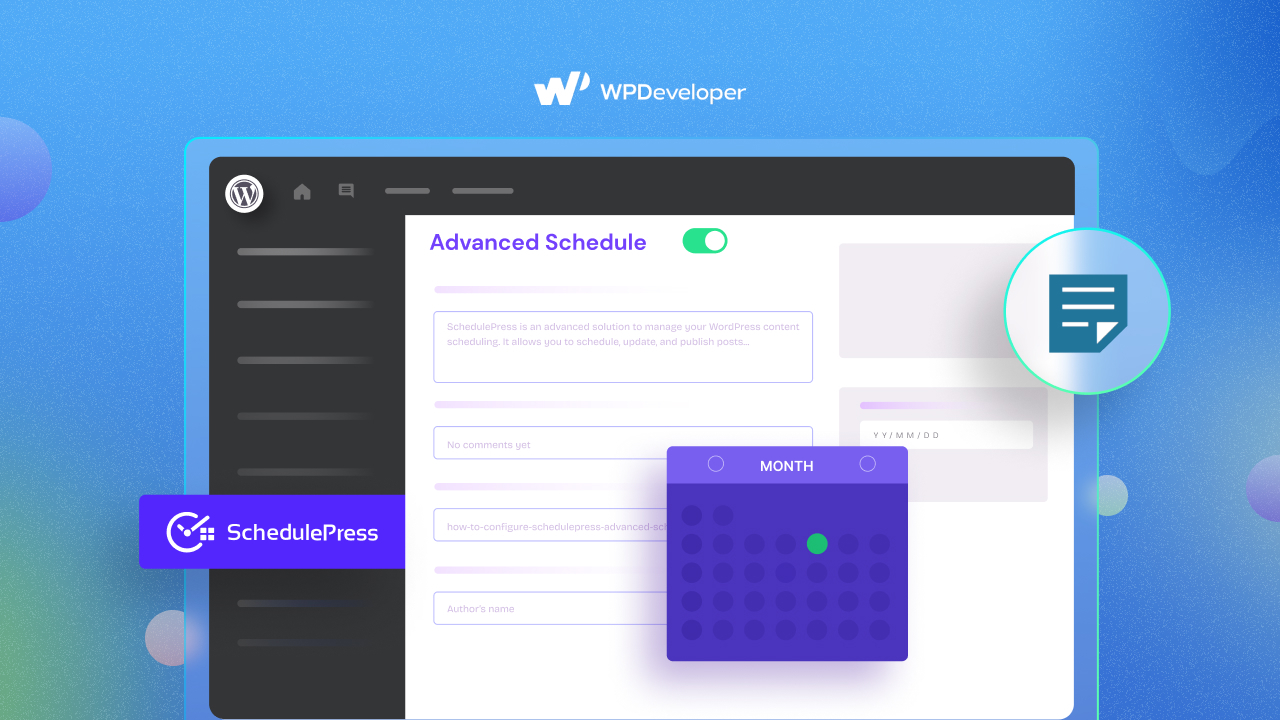Imagine your website as a fortress standing tall, safeguarding your valuable data and content. Now, picture a cunning hacker, armed with the dark arts of cyber intrusion, attempting to breach your castle’s defenses. In this high-stakes digital battle, one of the most formidable weapons in the hacker’s arsenal is SQL injection. But how do you equip for battle and prepare to protect fortify your website from vulnerabilities? Well, you are about to find out. So, wear your armor and dive right into our detailed guide below.

SQL injection is a sinister technique that can leave your WordPress site vulnerable to exploitation. It’s like a Trojan horse that sneaks into your website’s inner sanctum, bypassing security measures, and wreaking havoc within. Therefore, not only we will discuss the SQL vulnerabilities you need to look out for, but in this blog, we will also discuss the ways you can mitigate the chances of an attack from hackers and phishing sites.
What Is SQL Injection: Understanding The Basics
First off, let’s start with the basics. SQL is a language used to manage and retrieve data from databases. When a website interacts with a database, it often uses SQL queries to fetch or modify information. But then, what does SQL injection actually mean and why would it be bad for your site?
SQL Injection, abbreviated as SQLi, is a type of cyberattack that exploits vulnerabilities in a web application’s security to manipulate its database using SQL (Structured Query Language) commands. In an SQL injection attack, an attacker injects malicious SQL code into the application’s input fields or URLs that interact with the database. The application, unknowingly, executes this injected SQL code alongside its legitimate SQL commands, leading to unauthorized access, data manipulation, or even potential destruction of the database.
How Does SQL Injection Breach Security In WordPress?
SQL injection occurs when an application doesn’t properly validate and sanitize user inputs. Attackers exploit this vulnerability to inject SQL code, altering the intended functionality of the application and accessing the underlying database. Here’s how it typically breaches security:
📣 Lack of Input Validation: When an application accepts user inputs (like login forms or search boxes) without proper validation, it can be tricked into accepting malicious SQL code.
📣 Inadequate Sanitization: Failure to properly sanitize or escape special characters in user inputs allows malicious code to be executed within the SQL query, altering its behavior.
📣 Insufficient Error Handling: Error messages generated by the application might inadvertently expose valuable information about the database structure, aiding attackers in crafting effective SQL injection attacks.
Different Types Of SQL Injection
These types of attacks manifest in various forms, each aiming to exploit vulnerabilities of your WordPress website in different ways:

🚫 Classic SQL Injection: The attacker manipulates input fields to modify or retrieve data, alter the database structure, or even execute administrative commands.
🚫 Blind Injection: Here, the attacker doesn’t directly see the results of their malicious actions. They infer success or failure based on the application’s responses, often used to extract sensitive information.
🚫 Time-Based Blind SQL Injection: Attackers introduce delays in the application’s response to infer the success of injected SQL statements, aiding in data extraction.
🚫 Error-Based Injection: Exploiting error messages to gather information about the database, helping attackers design effective SQL injections.
🚫 Union-Based SQL Injection: Utilizing the SQL UNION operator to combine results from different queries, often to extract data from the database.
9 Best Ways To Protect WordPress Site From SQL Injection
Protecting your WordPress site from such injection attacks is paramount to ensure the safety of your data and the integrity of your web application. Here are nine effective strategies to prevent SQL injection:
Input Validation & Sanitization
Implement strict input validation and sanitization practices for all user inputs. Ensure that data entered into forms or received through URLs is checked for correctness and sanitized to remove any potentially harmful characters. WordPress offers functions like sanitize_text_field() and esc_sql() to help with this.
Prepared Statements (Parameterized Queries)
Utilize prepared statements and parameterized queries when interacting with the database. Prepared statements separate SQL code from user inputs, making it impossible for attackers to inject malicious SQL code into the query. WordPress provides functions like $wpdb->prepare() for this purpose.

Source: Toptal
Use Object-Relational Mapping (ORM)
Consider using an Object-Relational Mapping (ORM) library or framework like WP_Query or Doctrine for database interactions. ORM tools abstract SQL queries, reducing the risk of injection by handling query generation and input sanitization automatically.
Escaping User Inputs
Escape user inputs properly when embedding them in SQL queries. WordPress offers functions like $wpdb->prepare(), $wpdb->escape(), and esc_sql() to escape and sanitize data before using it in queries.
Limit Database Privileges
Follow the principle of least privilege for database users. Ensure that the database user account used by your WordPress application has only the necessary permissions to perform its intended operations, limiting the potential damage an attacker can inflict.
Regular Updates & Patching
Keep your WordPress core, plugins, and themes up to date. Developers often release updates to fix security vulnerabilities, and staying current is crucial in preventing attackers from exploiting known flaws.
Web Application Firewall (WAF)
Deploy a Web Application Firewall (WAF) to monitor and filter incoming traffic for potential SQL breach attempts. A WAF can help block malicious requests and provide an additional layer of defense against such attacks.
Security Plugins
Consider using security plugins like Wordfence or Sucuri Security, which offer specific features to protect against SQL query injection and other common web application vulnerabilities. These plugins can provide real-time monitoring and threat detection.
Regular Security Audits And Penetration Testing
Periodically conduct security audits and penetration testing of your WordPress site. This proactive approach can help identify and remediate vulnerabilities before attackers can exploit them.

Armor Your WordPress Site Against SQL Breach
By implementing these nine effective strategies, you can protect WordPress website from SQL injection attacks and enhance its overall security posture. Remember that a proactive and layered security approach is key to safeguarding your valuable data and online presence.
Feel free to share your comments in the feedback section, subscribe to our blog, and join our Facebook community for more exciting updates.









